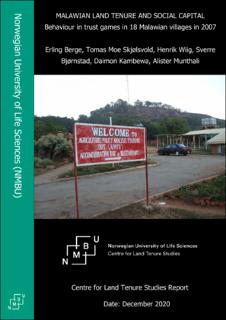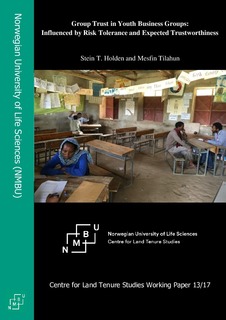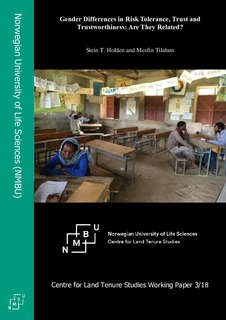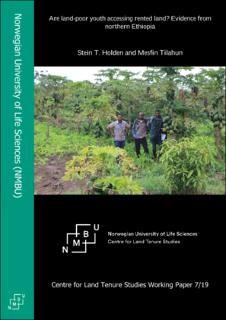Interview with Professor Jose Negrao, Hero of Mozambique’s Poor, about the Land Law
Jose Negrao died on 9 July 2005, aged 49. He was one of the most important intellectuals and researchers in Mozambique, was a leading figure in the Land Campaign and a strong defender of peasant land rights. We publish this interview with him in recognition of and in mourning a great and truly independent fighter who did not conform to what others expected but always pursued his own way. He was hugely influential during the Land Campaign and his success then derived from the fact that people trusted his integrity and his independence.







